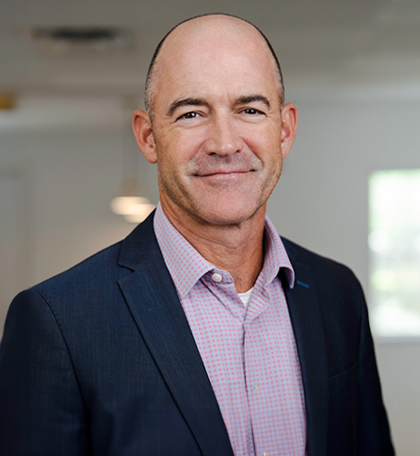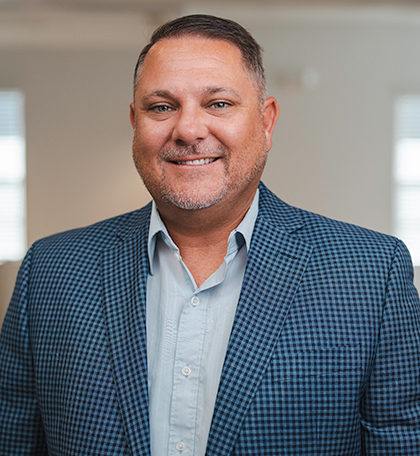Do you want to work until you reach full retirement age? If you’re like many Americans, you’d prefer to wrap up your career earlier than that. Much earlier. In fact, you may even be considering retirement as young as 60. However, there’s a big difference between wanting early retirement and being truly ready for it. I’ve seen plenty of people reach 60 with a decent nest egg but still not ready to make that transition simply because they missed some crucial planning steps along the way. It’s not just about having enough money saved up. It’s about having a complete strategy in place. Missing any of these key elements could mean postponing your retirement dreams or worse, struggling financially when you should be enjoying life. Let’s break down exactly what you need to have figured out by age 60 to make early retirement work. Having hundreds of clients navigate this transition, I can tell you exactly what separates those who successfully retired at 60 from those who have to keep working.
First, let’s talk about your retirement number. Here’s how to figure it out without the usual complexity. Say you want $8,000 monthly in retirement. If you and your spouse have $4,000 coming in from Social Security, you need your savings to cover that $4,000 gap. That’s about $50,000 annually. Using a 5% withdrawal rate, you need roughly $1,000,000 saved up. That’s your target.
Your investment strategy needs to evolve as you approach retirement. Here’s a practical example. If you’ve got $1,200,000 all in stocks at 60, but you want an 80-20 stock to bond split by 65, there’s a smooth way to get there. Take the $60,000 coming in annually from dividends and interest and contributions, put it all into bonds. After five years, you’ll naturally hit that 80-20 target without any dramatic moves that could leave you vulnerable to market swings.
When it comes to taxes, timing is everything. You don’t need to make all your moves right now, but you do need to know when opportunities are coming and be ready to act. Think of it like chess. You might do a rough conversion later, handle tax losses now, and time your trade rule giving strategically. The key is understanding your options and knowing when to make each move.
In planning at 60 means taking a fresh look at your insurance coverage. By this point, your needs have likely changed significantly. You might not need the same life or disability insurance you had earlier, but you absolutely need to review your property coverage and consider long-term care insurance. The goal is protecting what you’ve built over your career.
Now here’s something that often gets overlooked, but matters just as much as the money. Doing what you actually want to do in retirement. After decades of working, you need a vision for your next chapter. This isn’t about making elaborate plans, it’s about understanding what truly matters to you and what you want your days to look like where you’re in charge of your own time. The bottom line, having your finances in order is essential, but being mentally ready for the next phase of life is just as crucial. Start thinking about both now. Missing these targets doesn’t mean you can’t retire, it just means you might need to adjust your timeline or strategy.
Ready to make sure you’re on track? That’s what we’re here for. We’ve helped hundreds of people just like you make this transition successfully. Let’s make sure you’re not just hoping for an early retirement, but actually prepared for one.




